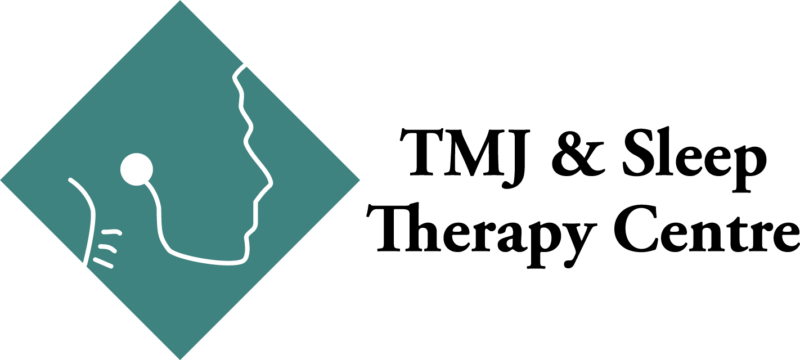FAQs
Have questions? We’re here to help.
TMD/Craniofacial Pain FAQs
Why Does My Jaw Make Noise?
Because the disc/cartilage between the two bones is dislocating and popping out of place.
Do TMJ Problems Hurt?
TMJ problems are often associated with severe pain. However, pain is a late effect. This means pain is not a predictable way to screen people for TMJ disorders. This pain can also vary in location and nature, from pain in the jaw’s joint space to sharp pains when opening and or closing or persistent dull aches in the muscle. It is not unusual to mistake TMJ pain for headaches and earaches.
Why Is My Jaw Stuck Or Locked?
The jaw can become stuck when the disc/cartilage dislocates, or the muscles that control movement spasm enough to prevent your jaw’s full range of motion.
How Do You Diagnose TMJ Problems?
TMJ disorders are diagnosed by a physical examination of range of motion, joint sounds/vibrations, joint hard tissue images, sleep diagnostics, and/or soft tissue diagnostic images.
My Dentist Took X-Rays Can We Use Them?
Yes, we will always look at those. However, in most cases, they are not detailed enough. We will likely take a CBCT (Cone Beam Computerized Tomography) to evaluate your symptoms. Thankfully, we have these imaging capabilities onsite.
Are Grinding/Clenching Related to TMJ Issues?
Yes. Clenching and grinding of teeth can have a negative effect on the jaw joint. The act of clenching and grinding teeth puts stress on the joint space and causes a decrease in the quality of the lubrication and impedes movement, which causes increased load, inflammation, and breakdown of the TM joint.
Will Drugs Help?
Drugs such as analgesics, corticosteroids, muscle relaxants, anti-anxiety drugs, antidepressants, and local anesthetics may play a role in your treatment. However, drugs alone cannot solve your TMJ issues.
Why And When Are Sleep Studies Recommended in TMJ Situations?
More than 60% of patients with TMJ issues also suffer from Obstructive Sleep Apnea (OSA). Sleep is when we rest, heal, and rejuvenate. Proper sleep is paramount to health. Oftentimes the OSA and other sleep-related breathing disorders negatively affect the health of the TM joints through increases load to these structures.
Could My Headache Be a Result of My TMJ Issue?
Yes, TMJ problems often cause headaches and can be resolved if the origin of the headache is related to the nerves innervating the TM joints.
What Might Happen If I Do Nothing?
TMJ issues are progressive; they continue to get worse over time. This progression usually looks like short-term sharp pains, jaw inflammation resulting in muscle tenderness, jaw joint noises, limited range of motion and locking of the jaw, changes in the bony makeup of the jaw joint, wear and destruction of teeth, and loss of a portion of jaw joint resulting in a permanent change in the bite and ability to chew. Ultimately doing nothing will cost more than investing in treating your symptoms.
Obstructive Sleep Apnea FAQs
How Do I Find Out If I Have Sleep Apnea?
A diagnostic sleep study completed at home or in the lab is the only way to know. Our team can help you determine what type of test is best suited for you.
What Is the Difference Between Mild, Moderate, And Severe Sleep Apnea?
Sleep apnea is classified by the number of times you stop or nearly stop breathing in an hour of sleep: Mild, or 5-15 events per hour, moderate, or 16-30, and severe which is greater than 30.
Will I Stop Snoring?
We hope so! Snoring is multifactorial. We will need to determine what factors we can influence and improve to eliminate your snoring.
How Will I Know If the Treatment Really Works?
Success in medicine is determined by a 40% reduction in symptoms. We will continuously evaluate your progress and document improvements to ensure your success.
Will My Insurance Pay for This?
We do not accept insurance because we care about you too much. If we did, our practice would not be in existence to serve the 5,000+ patients we’ve treated. Learn more about the limitations of working with insurance companies.
What Are the Risks of Not Treating Sleep Apnea?
Obstructive sleep apnea steals far more than sleep; it steals life. Few diseases affect your longevity and quality of life more than sleep apnea. Of course, it is impossible to know. Still, heart attack, stroke, type 2 diabetes, automobile accidents, poor performance at work, fatigue, and negative social interactions are among the most common and problematic risks.
Home Sleep Test FAQs
What is a Home Sleep Study?
It is a sleep test completed at home that helps us quantify what is happening with your breathing, oxygen levels, awakenings, and positioning during sleep. We have several different units that are uniquely utilized for specific situations. The best part is these can be done in the confines of your own bed with ease.
What is an In-Lab Sleep Study?
This is a sleep test done at a medical facility where you spend the night. This test gathers a great deal of data relating to your sleep and is monitored by a technician all night long. We can help you determine which test is best suited for your needs.
Request an Appointment
If jaw pain, facial pain, or sleep disorders plague you, let us help! The TMJ & Sleep Therapy Centre has a treatment plan that is right for you.
